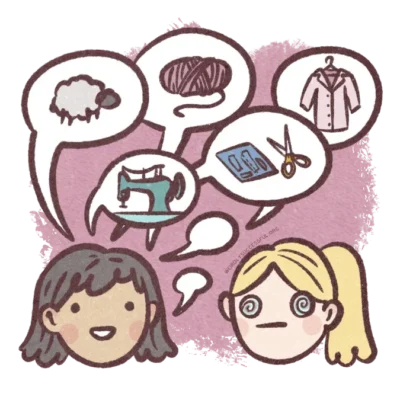waiting mode
Waiting mode is a psychological state characterized by heightened anticipation or anxiety while awaiting a specific outcome or event.
In the neurodivergent, especially ADHD community it usually means the period before an event that needs focus or attention spent in a sort of paralysing waiting mode, not being able to do little else until the event is over.






